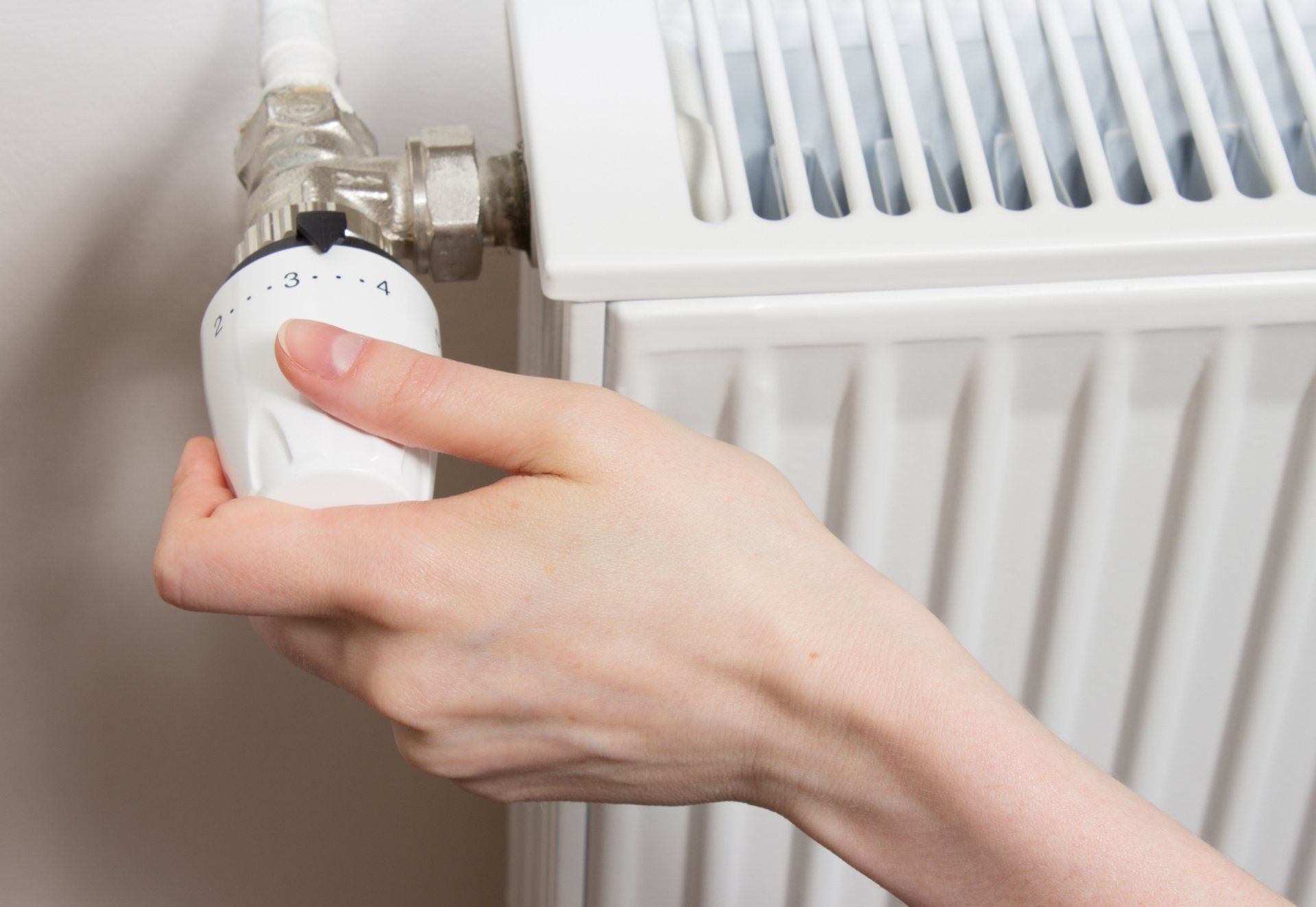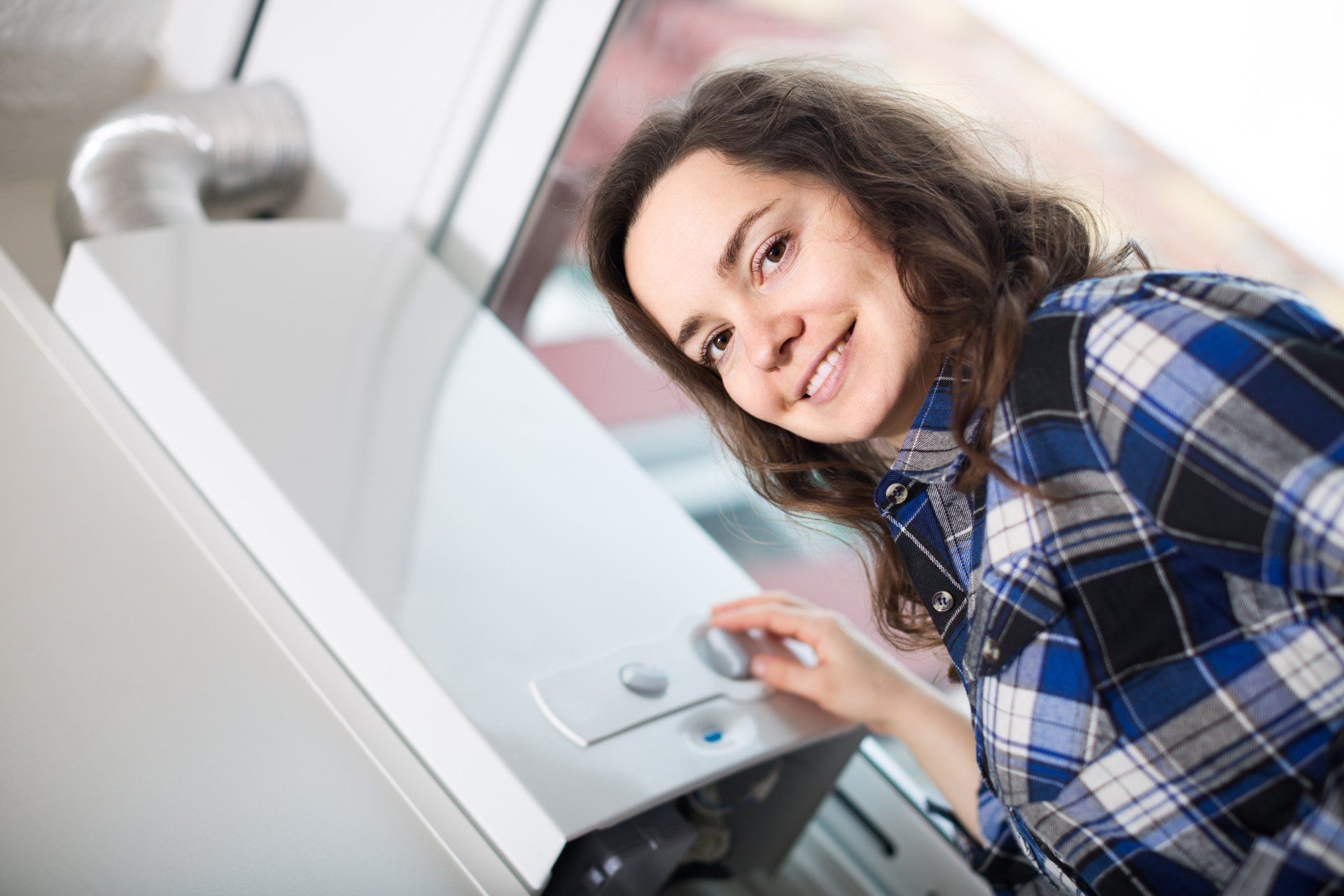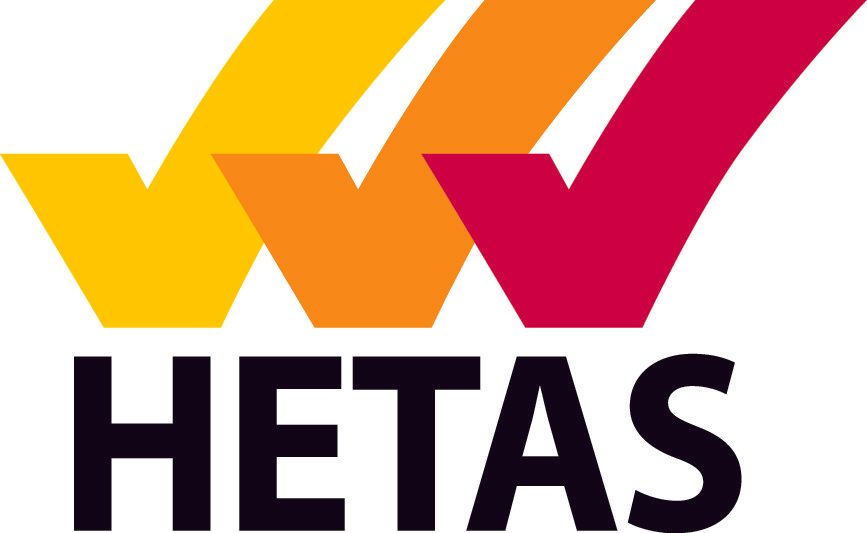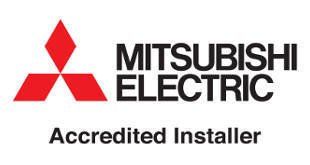Our commitment to deliver the highest standards of service to every one of our customers enables us to work across the full spectrum of client groups.
Phone
01582 571925
Winter 2023 / 24 | We are experiencing lots of calls regarding frozen condensate pipes due to the cold weather.
Read our advice here
first before contacting our support.
Local Authority Boiler Services
From statutory gas safety checks to mandatory services, ongoing maintenance, emergency breakdown cover and large-scale projects, we can meet the wide range of needs you have for your large stock of residential properties.
As a leading provider of services to local authorities and housing associations across Luton, Bedfordshire, Buckinghamshire, Hertfordshire and Northants, decades of experience working with large public and private organisations responsible for meeting the requirements of many different residents, ensures partnering with us is easy.
Boiler & Heating Services
Delivering boiler and heating services to local authorities, housing associations and councils for two decades means we already have robust systems and practices in place to support compliance, in-house recordkeeping, company targets, rapid response times and more.
If you require large-scale projects to be undertaken for boiler replacement, heating system upgrades and more, we have the prior experience you need to be sure your project will be delivered on time, to standard and with the results you desire.
For ongoing maintenance contracts and reliable breakdown cover, we have structured systems, well-trained, experienced operatives and the level of resources you need for services to be executed effectively.
Boiler & Heating Services For LAs & Has
Delivering boiler and heating services to local authorities, housing associations and councils for two decades means we already have robust systems and practices in place to support compliance, in-house recordkeeping, company targets, rapid response times and more.
If you require large-scale projects to be undertaken for boiler replacement, heating system upgrades and more, we have the prior experience you need to be sure your project will be delivered on time, to standard and with the results you desire.
For ongoing maintenance contracts and reliable breakdown cover, we have structured systems, well-trained, experienced operatives and the level of resources you need for services to be executed effectively

Professional Boiler Service, Luton
Whether boiler installation, servicing, emergency call out or repairs, we’ve acquired a reputation for exceptional service. Safeguarding protocols, rigorous staff training, industry accreditation, inclusive practices and more, mean we’re fully equipped with the right approach and commitment to customer care necessary for work across a diverse community of residents.
We know the range of residents you serve, from the elderly to vulnerable adults and residents who speak little English, each have specific needs, that’s why we have a wide variety of measures in place to ensure every customer receives the highest standard of service from us.
Safety is key
Indeed, our business holds all the accreditations you would expect plus many more. We are MCS, NIC, HETAS and HIES approved, we hold a TrustMark, are a member of the APHC and you’ll find many more endorsements and awards on our home page.
We work through a solid company structure with highly experienced managers overseeing operations and supervisors heading up teams. Our management team are driven to continuously monitor, assess and improve every aspect of our business to ensure we consistently deliver excellence across the company.
Get a free quote
Trusted Gas & Heating Engineers
Our boiler services include a range of options for boiler cover, boiler finance, installation, replacement and boiler servicing.
Latest News




Need a Boiler Installation For Home?
We can discuss which type of boiler would be the best solution for your
home and assist you to weigh up the pros and cons of your final shortlist.
Trusted Gas & Heating Engineers
Our boiler services include a range of options for boiler cover, boiler finance, installation, replacement and boiler servicing.
Quick Quote
Footer Quick Quote
Thanks for the quick quote information!
Please try again later.

Rated Excellent
based on our Google reviews
Excellent service
Had boiler failure on Sat pm, engineer arrived within hr and got it working but advised needed new boiler as heat exchanger was broken. The new boiler survey was done on Tues am and new boiler was fitted and working same day.
Professional and very good
After a number of calls eden from sun realm turned up amazing guy even though boxing day the most amazing guy professional funny and very good at what he does fixed problem with in minute s eden your are a star at Christmas best wishes to you
Couldn't ask for more!
My experience with Sun Realm was brilliant. Great service. Great engineer, professional, used his PPE, resolved issue and arrived on time. Couldn't ask for more!
Thank you for your kindness
Lovely man came out to my father today. He was so professional he even asked my dad if he needed any shopping.
Thank you for your kindness.
Our commitment to deliver the highest standards of service to every one of our customers enables us to work across the full spectrum of client groups.

MENU
GET IN TOUCH
Registered Office
Sun Realm Heating Co Ltd
27-29 Camford Way
Luton
Bedfordshire
LU3 3AN
VAT Number
283716929
Company Registration
1202277
ICO Registration
ZA091884
STAY CONNECTED
Join our newsletter and stay up to date with our news and latest offers.
Contact Us
We will get back to you as soon as possible
Please try again later
All Rights Reserved | Sun Realm

























